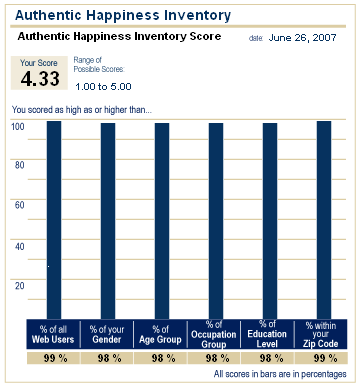On a previous post, I had recommended using creating a blog on wordpress.com to avoid the myriad of technical issues of getting a blog running. However, as the last point in that article, I suggested that the next step was to “move your content to your own hosted domain”. I’ve now encountered a series of friends who are technically competent, but I’ve got the benefit of experience with web design considerations where they “don’t know what they don’t know”. Thus, while I’m installing their web sites — I’m doing three at the same time — I’ll document my steps here.
If you’re uncomfortable with transferring files via FTP, you might as well stop reading now. These instructions are for web sites hosted on site5.com, but they should be pretty close for any provider that offers Fantastico and cPanel.


 I’ve been an advocate of
I’ve been an advocate of 
